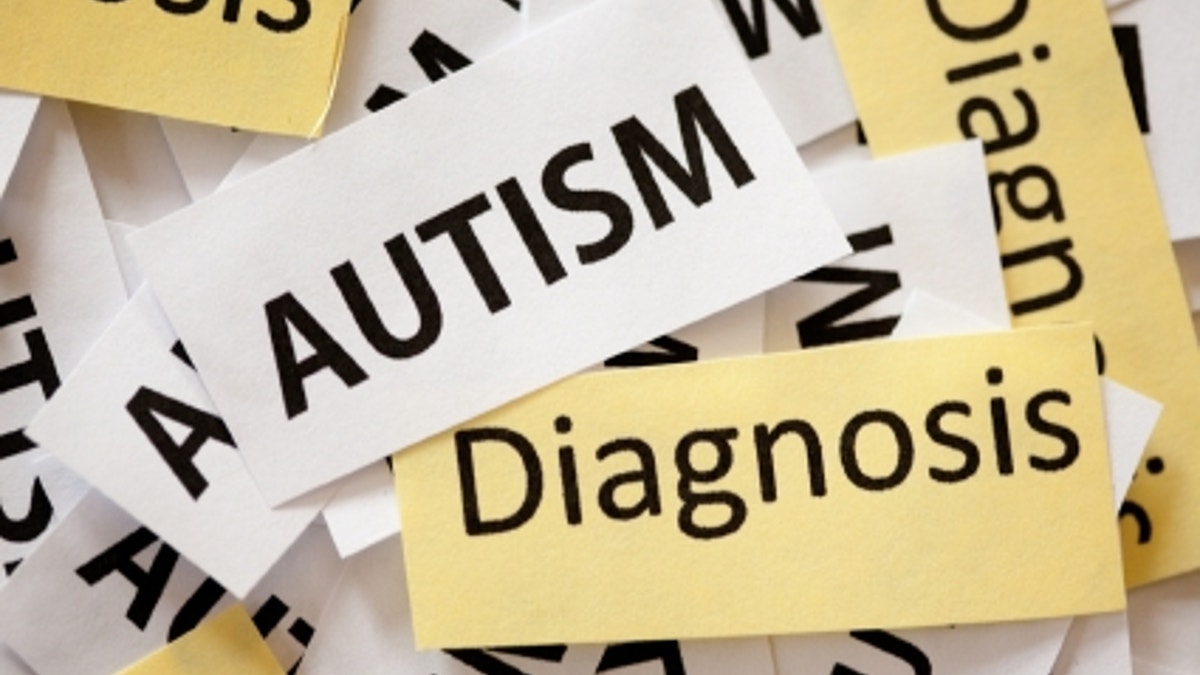
Snippets of paper reading "Autism Diagnosis" on them.
Ecstasy has been researched for post-traumatic stress disorder (PTSD) as well as behavior linked to autism, but now scientists are preparing to study how the drug, also known as MDMA, may relieve social anxiety in high-functioning autistic adults, The Independent reported.
In a recent review published in the journal Progress in Neuro-Psychopharmacology & Biological Psychiatry, study authors propose older autistic patients may be able to communicate with their therapists more easily if given MDMA in small amounts in controlled environments, which doctors consider safe. Social anxiety is a hallmark characteristic of autism.
The drug, which has been illegal in the United States since the 1980s, gained popularity in the late 1970s and has since become associated with late-night raves. Its so-called pure powder form, Molly, has become a notorious party drug that is believed to be at least partially responsible for two deaths at Electric Zoo, a large music festival in New York City.
In a clinical setting, the Independent reports that researchers believe MDMA can help ease common social issues and awkwardness in adult autistic patients by increasing energy, euphoria, emotional warmth and feelings of empathy.








































